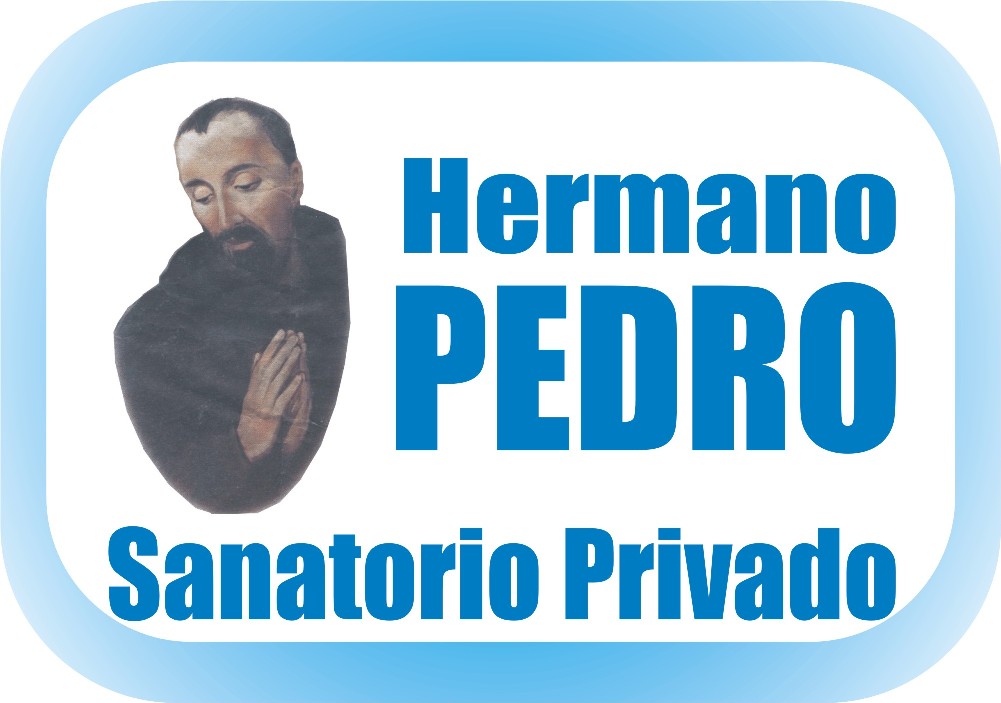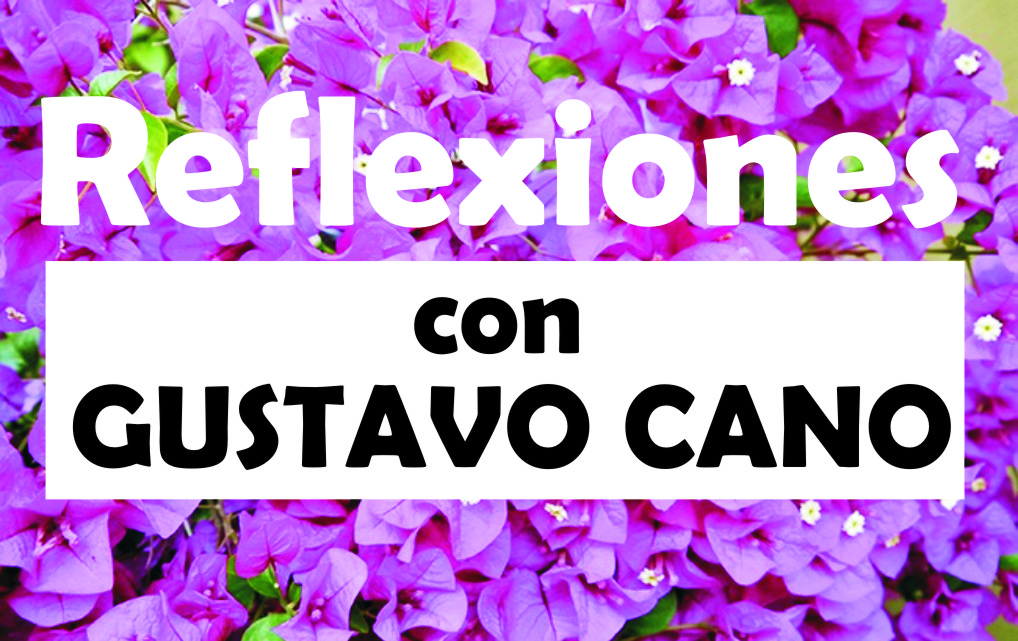EL RINCON DE EDWIN.Entre regalos, intercambio económico y compra de conciencia. On gifts, economic exchange and purchase of consciousness

| De las abstractas fronteras entre los regalos, el intercambio económico y la compra de la conciencia. (Español). Recibí una serie de diapositivas relativas a las correctas reflexiones acerca de la importancia de dar gracias, especialmente en materia de las acciones a título gratuito, donde el valor del dinero es tan bajo comparado con lo que se brinda, que no se pide nada a cambio. Por cierto, las cosas más valiosas en la vida son gratuitas: la luz del sol, el beso de la madre hacia el hijo, la visión de las tonalidades en el universo, los sonidos de la naturaleza y lo más valioso de lo valioso: la vida. Son muy pocas las personas que expresan su agradecimiento una vez se les ha apoyado en la solución a sus problemas. Cuando el problema no ha sido solucionado, te están jorobando hasta el último juicio. Una vez su estado de satisfacción es completo, hasta el expresar el agradecimiento constituye una molestia. Por ello considero que, si verdaderamente brindamos algo a nuestro prójimo con todo nuestro corazón, ni siquiera debemos esperar que incurra en la molestia de dar gracias; especialmente cuando se le ha brindado apoyo a título gratuito. Reitero, cuando se brinda un regalo al prójimo, se da sin esperar nada a cambio, ni siquiera las gracias. Quien regala no necesita ni el agradecimiento; está contento por haber ofrecido su corazón en un obsequio, donde la ausencia del agradecimiento le llena mucho más, porque llenó de satisfacción completa al otro. Cuando alguien te agradece, estás pagado. Tu regalas de lo que tienes y lo haces por el placer que recibes de ti mismo cuando brindas un obsequio, sin esperar nada a cambio. El amor está fluyendo desde el fondo de tu corazón. Si alguien te regala algo, agradece, no para pagarle; posiblemente quien te brindó el regalo tenga necesidad de tu agradecimiento. Pero, al recibir el obsequio, no quedas obligado con quien te ha brindado su corazón en el regalo. Si la intención es sincera, tu prójimo está suficientemente lleno con que tu hayas aceptado su muestra de aprecio hacia ti. Si no tienes, tampoco regales lo que no tienes, ya que podría ser que estés sembrando la amargura en tu dulce corazón o posiblemente regalando la propiedad ajena, con lo que sembrarás malas semillas en el corazón de tu prójimo, de cuyos frutos cosecharás en abundancia. Los más grandes regalos en la mayoría de veces son inmateriales. Si adviertes en el disfrazado regalo un velado o disimulado compromiso de reciprocidad, posiblemente no exista tal regalo; en tal caso te están comprando. Recházalo cordialmente pero con firmeza. La libertad no tiene precio. Porque una cosa es un contrato de intercambio de valoraciones o intercambio económico (compra y venta - oferta y demanda) donde claramente se expresa la subjetividad a través del objetivo precio donde los que intercambian están de acuerdo en intercambiar a tales tasas, y otra muy diferente es el hipócrita regalo, donde se entrega algo pretendiendo la recepción de algo cuyo precio sea infinitamente mayor, utilizando como medio de esclavitud, el perverso compromiso moral, la compra de tu conciencia. Agradeceré mucho sus comentarios | On the abstract boundaries between the gifts, economic Exchange and the purchase of consciousness.(English). I received a series of slides on the right ideas about the importance of giving thanks, especially regarding actions free of charge, when the value of money is so low compared to what it provides, and not asking for anything in return. Indeed, the most valuable things in life are free: the sun, the kiss of the mother to the child, the vision of the keys in the universe, nature sounds and the most valuable of all valuable: the life. Very few people express their appreciation once supported them in solving their problems. When the problem has not been solved, you will be shaking up until the end of the world. Once their state of satisfaction is complete, express the appreciation is a nuisance. I therefore believe that, if we really offer something to our neighbor with our full heart, we can’t expect that our friend incurs it the time to give thanks, especially when he has supported free of charge. I repeat, when offered a gift to others, is given without expecting anything in return, not even thanks. Giver does not need the thanks, is happy that he offered his heart in a gift, where the absence of gratitude fills him, with the complete satisfaction to the other. When someone says thanks to you, you are paid. You are offering a gift and you are doing it for the pleasure that you are receiving when you are giving something expecting nothing in return. Love is flowing from the bottom of your heart. If someone gives you something, say thanks, not for pay, possibly who gave you the gift has the need of your gratitude. But, upon receiving the gift, you're not forced to whom has given his heart into the gift. If the intention is sincere, your neighbor is full enough that you've accepted his token of appreciation for you. If you don’t have anything, don’t give that you don’t have. Could be that you are planting the bitterness in your sweet heart; or possibly you are giving the property of others: thereby sow bad seeds in the heart of your neighbor, whose you will harvest fruits in abundance. The greatest gifts in most cases are no materials. If you notice inside a veiled or disguised gift, commitment to reciprocity, there may be no such a gift, in that case your neighbor are buying you. Cordially, but firmly reject it. Freedom is priceless. Because one thing is a contract of exchange of values or economic exchange (buying and selling - supply and demand) which clearly expresses the subjectiveness through the objectiveness of the price, where the people agree to exchange at that rates; and quite another thing is a hypocrite gift, where a person delivers something, expecting receipt a good whose price is infinitely greater, using as mean of slavery, the perverse moral commitment, the purchase of your consciousness. Your comments will be well appreciated |
| Edwin Rocael Cardona Ambrosio 5 de abril de 2010 | |



 Nuevos servicios de medicina y cirugía estética
Nuevos servicios de medicina y cirugía estética Presente en los momentos más importantes de tu vida
Presente en los momentos más importantes de tu vida Desde 1967 Gracias por tu preferencia
Desde 1967 Gracias por tu preferencia Pensamiento del Gerente de Cano Recinos
Pensamiento del Gerente de Cano Recinos Sistemas computarizados para las MIPYMES de América Central
Sistemas computarizados para las MIPYMES de América Central

0 comentarios:
Publicar un comentario
Envíenos sus comentarios. Los comentarios que contengan expresiones soeces o fuera de lugar serán eliminados por nuestro equipo de moderación. Rogamos incluir su nombre y correo electrónico.
Suscribirse a Enviar comentarios [Atom]
<< Inicio